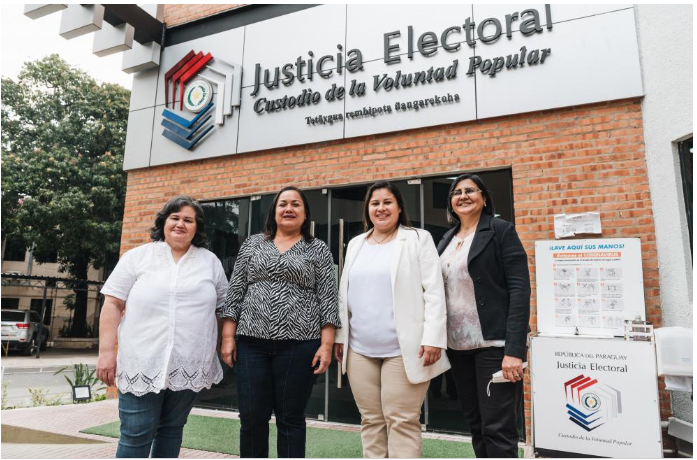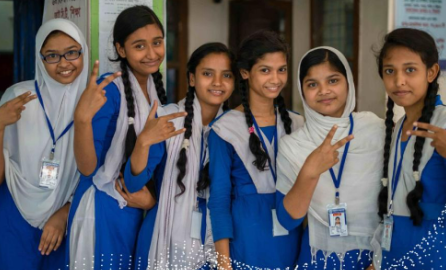Enhanced Democracy in Paraguay

-
Gender marker: G2-Promotes gender equality as a primary objective
-
Period of implementation: 2020 - 2023
-
Amount: EUR 178,000
-
Geographical area: Americas and the Caribbean
-
Implementing partners:
-
International Institute for Democracy and Electoral Assistance (IDEA)
-
Superior Court of Electoral Justice
-
-
Links to the project:
-
GAP III’s Areas:
-
Equal participation and leadership
-
Achieving gender parity in politics is necessary to uphold social justice and women’s rights, but it is also an important condition for strengthening the democratic system. The potential can be seen in Paraguay, where women are underrepresented in the political arena with, for instance, only 23.2% of parliamentary positions.
To increase women's political participation and leadership in the country, the European Union has supported the creation of the Political Training School for Women Leaders in the Superior Court of Electoral Justice. This initiative is part of the EU-funded project Consolidation of Paraguayan Democracy II, implemented by the International Institute for Democracy and Electoral Assistance (IDEA), and is an important contribution to a Team Europe Initiative on Reducing Inequalities.
The project aims to contribute to the consolidation of democracy in Paraguay by strengthening the electoral process; increasing political participation and representation of women, under-represented groups and civil society; and promoting gender equality.
The project is evidence-based, with gender indicators and analysis identifying barriers to women’s political participation through interviews with women’s groups and political parties. The main barrier was suggested to be money for campaigning and political capacities (i.e. knowledge). This programme and the women’s academy seek to address the latter.
The primary target group is women interested in becoming candidates in national and municipal elections. The academic programme they can partake in is comprehensive and totally free of charge, offering a conceptual and methodological basis on key subjects for social and political engagement such as human rights, citizenship and leadership, negotiation and public speaking. The project has trained more than 700 women candidates and pre-candidates.
The fact that more women are willing to run for office is a positive step. When women come out of the political margins, they have a visible impact on political and economic decision-making and contribute to a more democratic society.
“It’s very hard to be a woman. Sexism makes women think twice, if they continue or not in politics.” Teri Silvero, one of the women taking part in the training.
